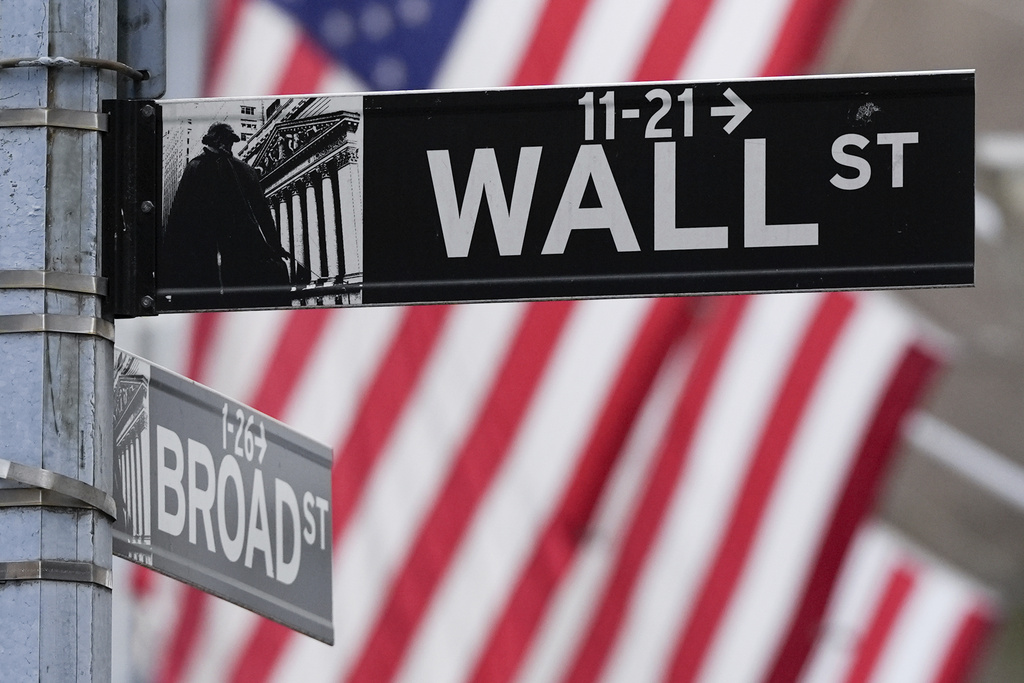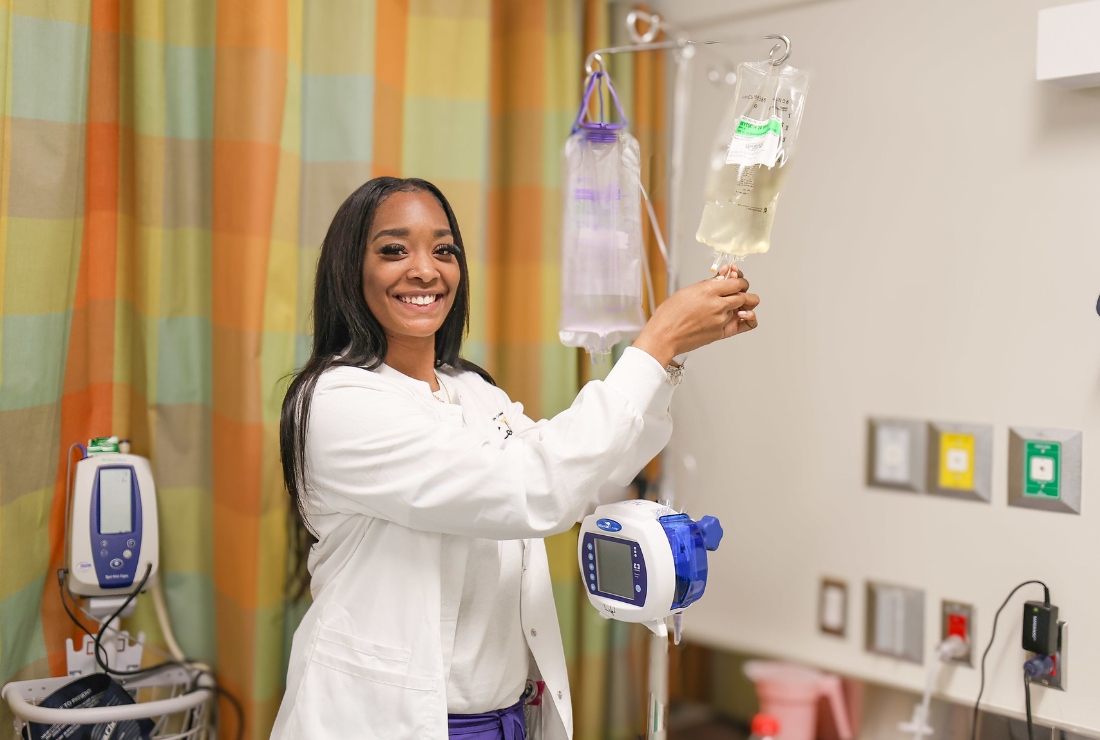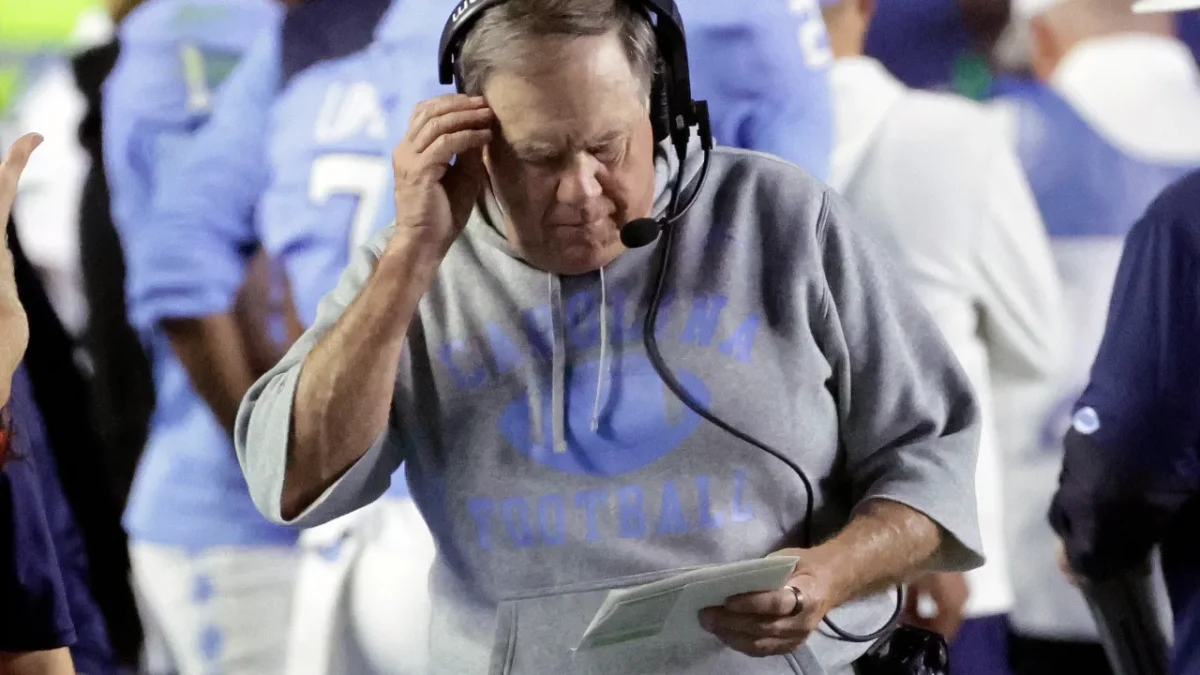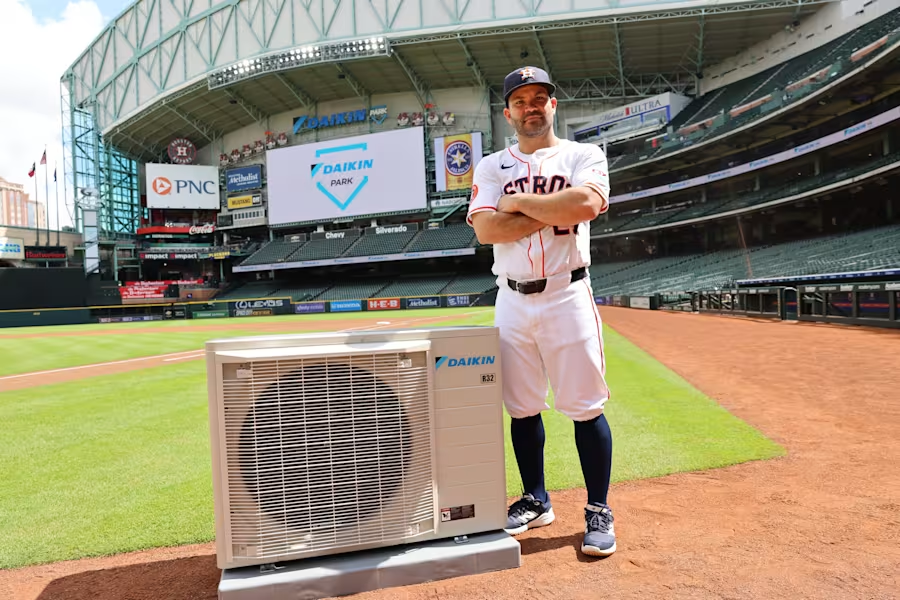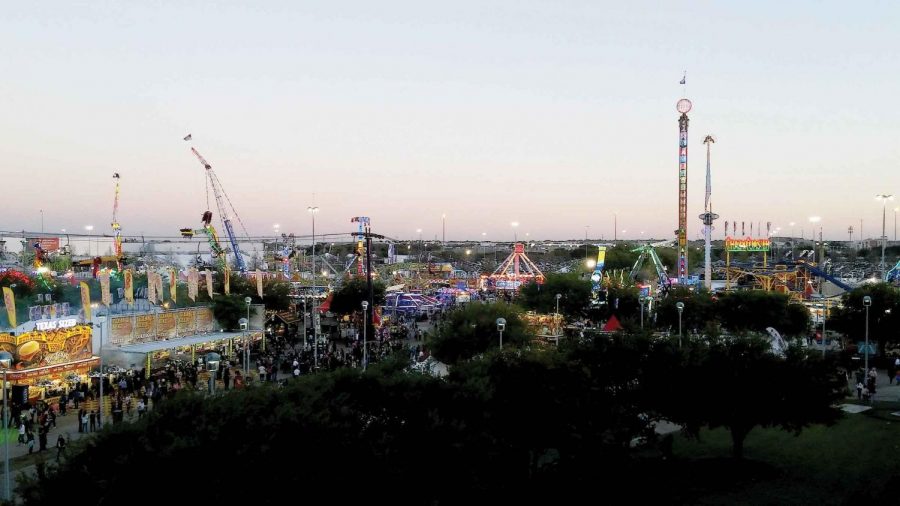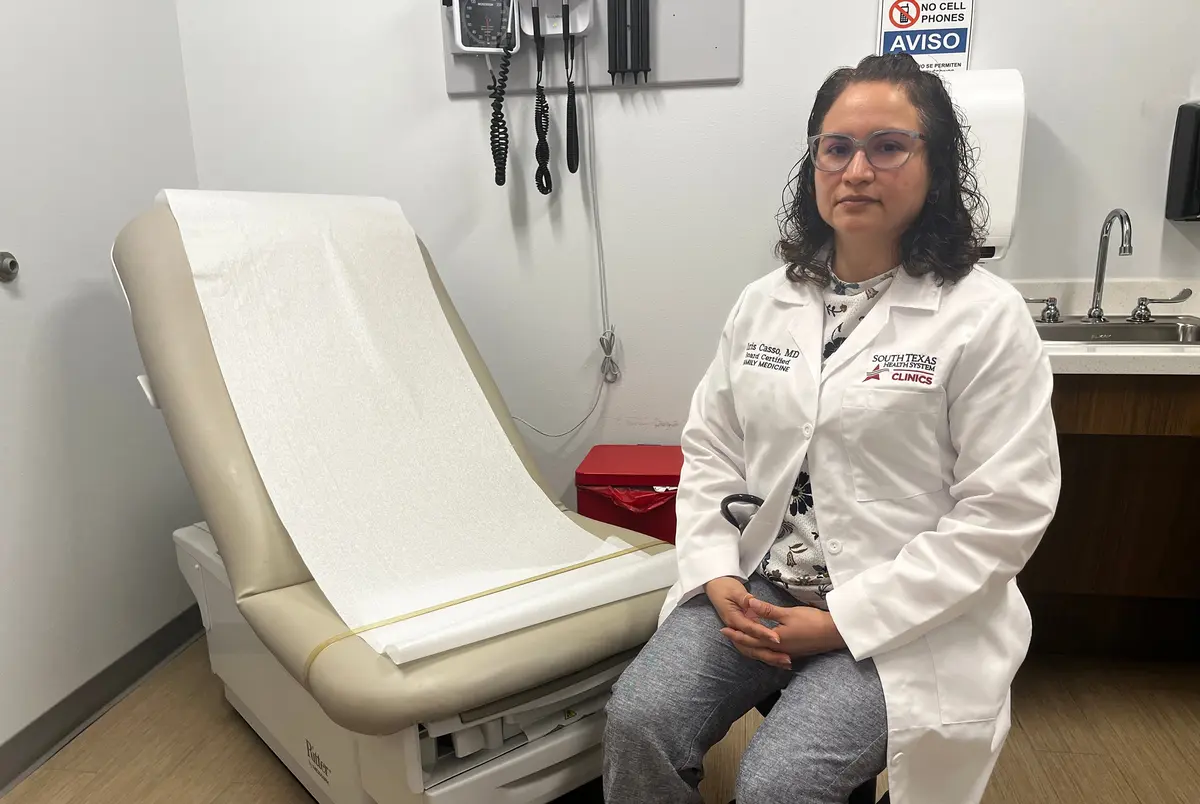Houston Livestock and Rodeo will be shut down
Rodeo organizers: Event grounds to close at 4 p.m.; working on a ticket refund process
The Egalitarian/Alyssa Foley, File
The Houston Livestock Show and Rodeo has been canceled halfway through its run as a precaustion against COVID-19, Houston and Harris County officials said.
March 11, 2020
The Houston Livestock Show and Rodeo, which draws hundreds of thousands of visitors, will be canceled about halfway through its run as a precaution against the new coronavirus, city and county officials said Wednesday.
Houston Mayor Sylvester Turner and Harris County Judge Linda Hidalgo said they would be issuing emergency health declarations to slow the spread of COVID-19.
Rodeo organizers said the event grounds will close at 4 p.m. Wednesday and that they are working on a ticket refund process.
“This is a decision that does not come easily, but the health and safety of people in our region is paramount,” Turner said. The news Tuesday that there was a case of an infected person in nearby Montgomery who had not traveled internationally helped officials make the emergency declaration.
The rodeo opened on March 3 and was set to run through March 22. In addition to rodeo events and a livestock show, the event also features a carnival and concerts. Performers so far this year have included Willie Nelson, Chance the Rapper and the K-pop group NCT 127. Performers who were scheduled to perform before the rodeo’s end included Lizzo, Keith Urban, Gwen Stefani and Luke Bryan.
For most people, the new coronavirus causes only mild or moderate symptoms, such as fever and cough. For some, especially older adults and people with existing health problems, it can cause more severe illness, including pneumonia.
The vast majority of people recover from the new virus. According to the World Health Organization, people with mild illness recover in about two weeks, while those with more severe illness may take three to six weeks to recover. In mainland China, where the virus first exploded, more than 80,000 people have been diagnosed and more than 58,000 have so far recovered.”



